In a world where digitalization has become the norm, airlines face the challenge of reinventing their traditional business model and embracing the digital era to meet the demands of increasingly discerning customers. While other industries have successfully adopted a customer-centric digital culture, airlines find themselves in the midst of a crucial transition, driven by the COVID-19 pandemic. Many have entered a digital race to incorporate new technologies that are now essential for the aviation sector to adapt to modern times, offering quality services and optimizing the travel experience for millions of passengers.
The Need for Digital Transformation in Airlines
The highly regulated and massively scaled aviation sector has long resisted disruption, maintaining a “status quo” that is now challenged by external pressures. Demands from more discerning customers, the entry of digital players into the market, and operational issues are forcing airlines to embark on a journey of digital transformation.
To avoid competing solely on price, airlines must provide comfort and a differentiated experience from the first customer contact to landing. The key lies in a seamless customer experience at every stage of the journey, from ticket purchase to reaching the destination. To achieve this, airlines need state-of-the-art infrastructure, data integration and management expertise, as well as innovative features that facilitate customer interaction.
The Fundamental Role of Technology and Automation
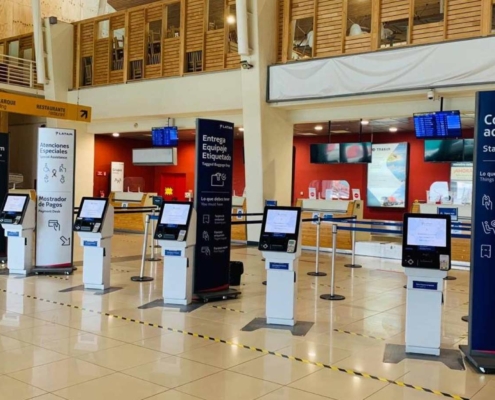
Image: ALN News
In an environment of inflation and rising fuel costs, technology and automation offer a solution to improve services while keeping costs under control. The key is to use data to understand both the business and customers, building personalized experiences that add value. Machine learning prediction models, customer management software, AI-driven recommendations, and passenger self-service are essential elements for delivering exceptional service at a low cost, especially during peak times of claims due to irregular operations.
This year 2023 marks a crucial turning point for airlines, who must finally embrace a frictionless customer experience enabled by technology.
Communication as a Fundamental Pillar for an Exceptional Experience
At the heart of an exceptional experience is communication. It must be timely, clear, accurate, and as personalized as possible to be effective. Furthermore, strategy and messaging, along with emerging technologies like conversational artificial intelligence, allow airlines to extend their initiatives to all customers. These technologies ensure effective two-way communication, enhancing the customer experience and strengthening the airline’s relationship.
The Cutting Edge in Airlines’ Customer Experience
In the technology and digital transformation sector, three main areas are identified on which airlines should focus to provide an unparalleled travel experience in the digital age:
Comprehensive and Interconnected Digital Channel Strategy:
- Implementing various customer touchpoints provides a low-cost option to reach customers, understand their needs, and help solve issues.
- Digital sales channels allow airlines to offer personalized experiences, adapting their offers and prices dynamically to attract customer attention and optimize their revenue.
- Loyalty programs leverage technology to offer personalized experiences to frequent travelers, unlocking exclusive offers and upgrades to maintain their loyalty.
Innovative Digital Products for Passengers:
- Self-service platforms and contactless technologies provide functionalities that allow customers to make changes and suggest solutions, alleviating pressure on airport and call center staff. This streamlines passenger time and reduces the airline staff’s workload.
Deep Review of Traditional Functions to Eliminate Friction:
- Virtual travel agents based on generative AI offer human-like interactions to provide information and efficiently solve problems.
- Proactivity on the day of travel through mobile apps allows document scanning, automated check-in procedures, and biometric configuration before arriving at the airport.
In conclusion, the aviation sector is at a critical moment of digital transformation. The adoption of new technologies and innovative approaches is essential to offer an exceptional travel experience in a highly competitive and regulated environment. Airlines that embrace these technologies will not only adapt to the changing times but also thrive by meeting customer demands and delivering quality services to an aviation enthusiast audience. The future of air travel is in the hands of those who dare to lead the digital revolution in the industry.
For more news on Digital Aviation and Innovation, visit our blog.

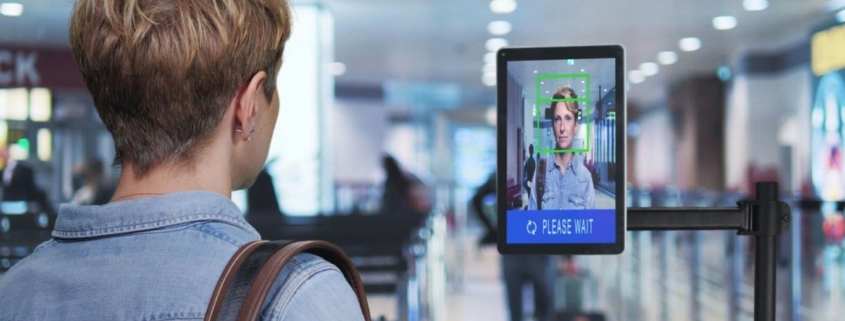
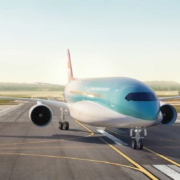
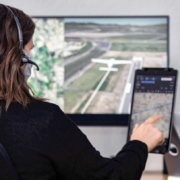




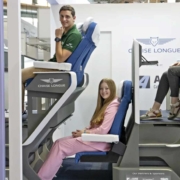



Leave a Reply
Want to join the discussion?Feel free to contribute!